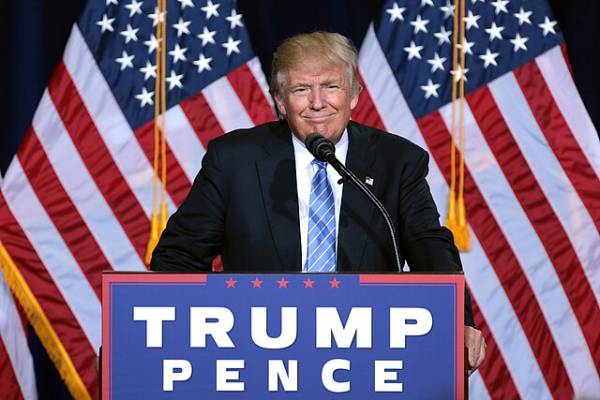
President-elect Donald Trump lashed out at BRICS nations on Truth Social, threatening “100% tariffs” and exclusion from the U.S. economy if they pursue alternatives to the U.S. dollar.
Trump’s fiery remarks come as the BRICS nations—an economic bloc comprising Brazil, Russia, India, China, and South Africa—discuss moving away from the dollar in global trade. Recent summits have focused on plans to rely less on the U.S. dollar, including ideas for new financial systems or even a shared BRICS currency. These moves are viewed as a direct challenge to the United States’ economic dominance.
Trump declared that the U.S. would not “stand by and watch” such actions. He demanded commitments from BRICS countries to avoid supporting any currency aimed at replacing the dollar. Failure to comply, he warned, would lead to tariffs and loss of access to the U.S. market.
The BRICS bloc represents some of the world’s largest and fastest-growing economies, collectively accounting for over 40% of the global population and roughly a quarter of global GDP. Efforts to establish alternative financial systems stem from shared frustrations with the dominance of the U.S. dollar, which is often leveraged in economic sanctions and global trade negotiations.
Economists note that while replacing the dollar is a long-term challenge, moves by BRICS nations signal growing momentum toward a multipolar financial system. Some view Trump’s threats as reflecting his trade-first policies, while others see them as a response to a real geopolitical shift.
This threatening rhetoric highlights the growing tension between the U.S. and emerging economies, especially as Donald Trump prepares to return to the White House in January.